President Obama’s State Union Address ignited a large (and pre-existing) conversation regarding universal preschool within the nation.
What has followed since is no longer a discussion of a better, earlier education for our nation’s toddlers, but a discussion about the benefits this will have for the whole nation.
To understand this we must first understand how it began. James Heckman, University of Chicago economist and winner of the Nobel Prize in 2000, was one of the first to advocate for a decrease in the “ability gap” in regards to college attendance amongst minorities when he was doing research on government jobs during the 1990s. What he discovered was that this gap was opened up strongly as early as children 3, 4 even 5 years of age.
Since then, there have been many articles as well as infographics that detail the educational benefits that preschool and early education provide to our children.
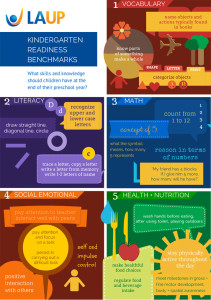 And while there is still a great emphasis on the educational standpoint that early childhood education advocates use as talking points, discussion is now gearing towards (and appealing to) the economic portion of the advocacy that comes from cultural optimism.
And while there is still a great emphasis on the educational standpoint that early childhood education advocates use as talking points, discussion is now gearing towards (and appealing to) the economic portion of the advocacy that comes from cultural optimism.
Even Heckman himself wrote a paper in 2004 of all the benefits “investing in young children” could bring forth for our country.
So how exactly do these toddlers become the heroes of our nation?
Taxes do not seem to be the answer to our nation’s search for preschool for all considering Obama’s proposition for this was to tax tobacco. A bit contradictory and also risky considering this implies people should be wasting more money in the tobacco industry; a majority of smokers are already part of the lower-income group (and counter intuitive if one mentions this universal preschool agenda seeks to benefit lower-income members of society).
No, the answer cannot stem from something entirely economic; the way of convincing people is the way it started—focus on the children (in order to secretly talk about everything else).
Putting the “Universal” in “Universal Preschool”
As Heckman mentioned in the 90’s, universal preschool begins by helping bridge the gap of “ability and access.
Universal preschool would mean that all four-year-old children would have access to a quality preschool regardless of income. This would then help children of all color get the education that they deserve, which would mean they would do better in school and have less of a chance of actually needing extra help as they continue through their educational career.
Children would then get older, but having gone to preschool, they would have less of a chance of being involved in crime, dropping out of high school or relying on government assistance as an adult.
Change helps create more change and by starting at the bottom and working our way up, can one appeal to a broader audience.
It is only then, after making the point culturally, that one can begin to talk about it economically again. As Dicken’s wrote in 2009, 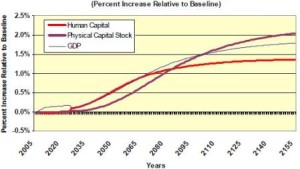 “well-educated individuals are more likely to be employed at all points in their lives and live longer than those who are less educated which in turn increases labor supply and influences long-term GDP.”
“well-educated individuals are more likely to be employed at all points in their lives and live longer than those who are less educated which in turn increases labor supply and influences long-term GDP.”
The benefits of preschool are with no question all positive ones. A majority of society is completely in favor of it.
But to depend on children to be the solution to an issue that has always existed is a cycle we continue to place in their hands.
Because after all, “children are the future.”
No pressure, kids.
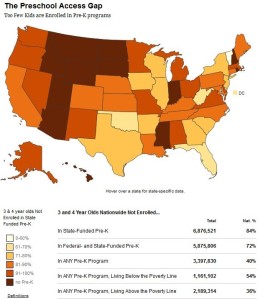
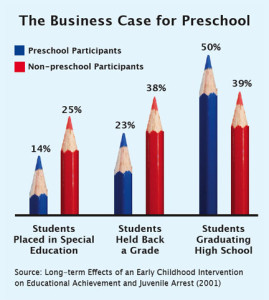
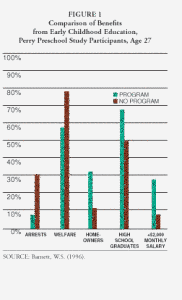
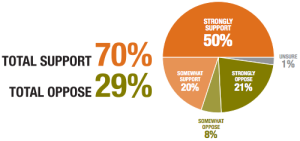
Leave a Reply
You must be logged in to post a comment.